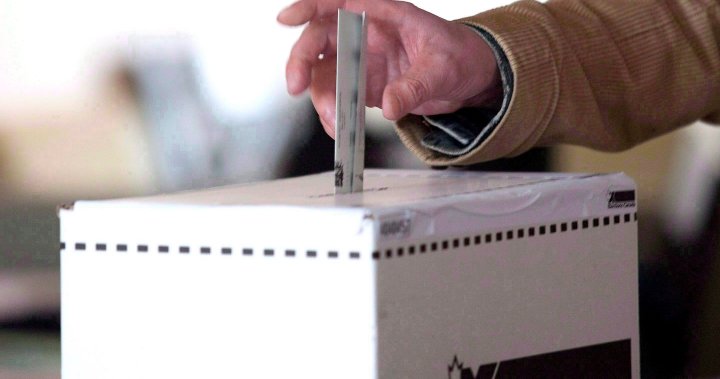NDP Leader Jagmeet Singh announced that he had ended the supply and confidence agreement with the Liberal government, leading to speculation about the possibility of a snap election in Canada this year. While the fixed election date law sets the next federal election as no later than October 2025, the collapse of the NDP-Liberal deal raises the potential for an earlier vote. However, political analysts suggest that the NDP is unlikely to immediately seek to topple the government when the House of Commons reconvenes in September. Instead, the party may use this time to differentiate itself from the Liberals and position itself as a credible alternative to the Conservatives.
A test of confidence in the government may be on the horizon in the fall session, with all eyes on the NDP and how they will cast their votes. In Canada’s parliamentary system, a party seeking to govern must have the support of the majority in the House of Commons to maintain confidence. Various types of confidence votes can trigger a snap election if the government fails to secure majority support. Additionally, opposition parties, such as the Conservatives, have the opportunity to set an agenda that may include introducing and debating a motion of non-confidence on their allotted days in the House of Commons sitting calendar.
Confidence votes are often associated with budgets and new spending bills, as they dictate the government’s operations and agenda. The Liberals are expected to face a confidence vote on the fall economic statement later this fall. Opposition parties, particularly the Conservatives, are prepared to push for a confidence vote at the earliest opportunity. The Liberals can also designate any matter as a matter of confidence, as they did with the Emergencies Act legislation. However, the withdrawal of the NDP from the agreement with the Liberals decreases the likelihood of the government designating controversial legislation as a confidence vote.
Potential areas of contention between the NDP and the government may arise from back-to-work legislation for ongoing labour disputes. The NDP has indicated that they would not support the government on such matters, even under the previous agreement. Other outstanding bills in the House, including the Online Harms Act and various safety and justice legislation, will require support from the NDP or other parties to pass. The NDP has stated that they will assess each piece of legislation on a case-by-case basis, indicating a shift in their approach following the breakdown of the agreement with the Liberals.
Experts predict that the coming months will involve a significant amount of deal-making on the part of the Liberals in order to secure the necessary support to pass legislation. The Bloc Quebecois’ role in potential confidence votes remains uncertain, as they may seek leverage from the Liberals before deciding to vote no-confidence. Additionally, if the NDP continues to support the government, the Bloc Quebecois could potentially emerge as the official opposition after the next election. These factors will play a significant role in shaping the political landscape leading up to the next election, whenever it may be held.













